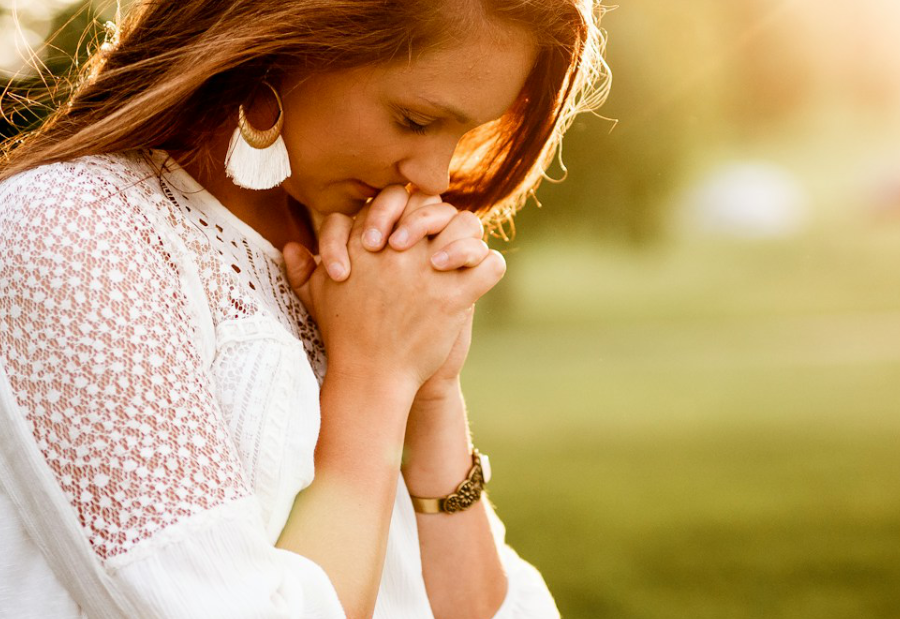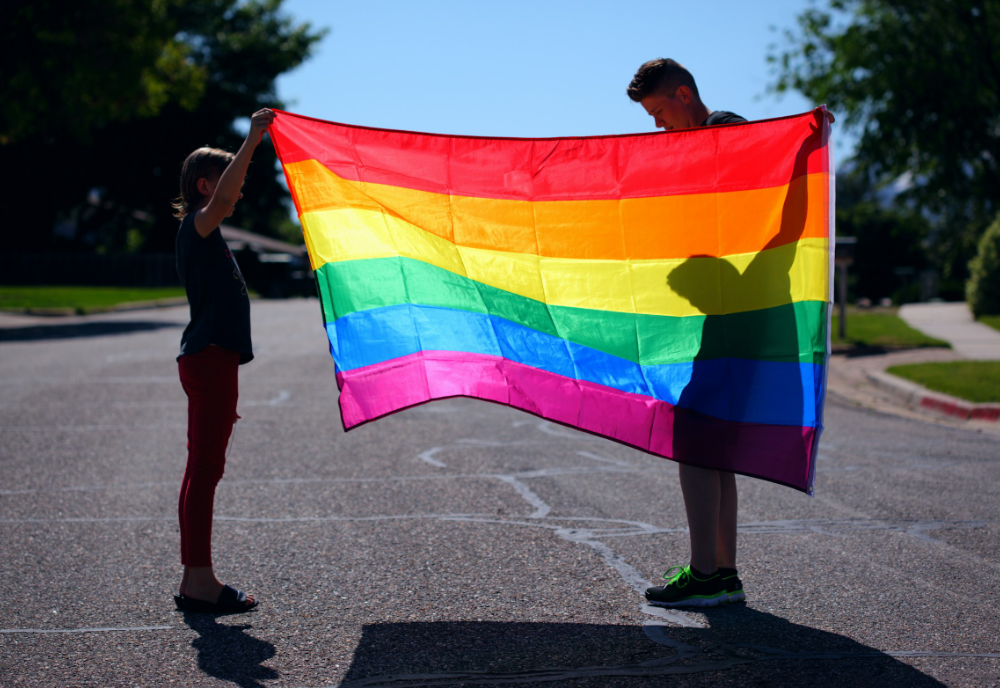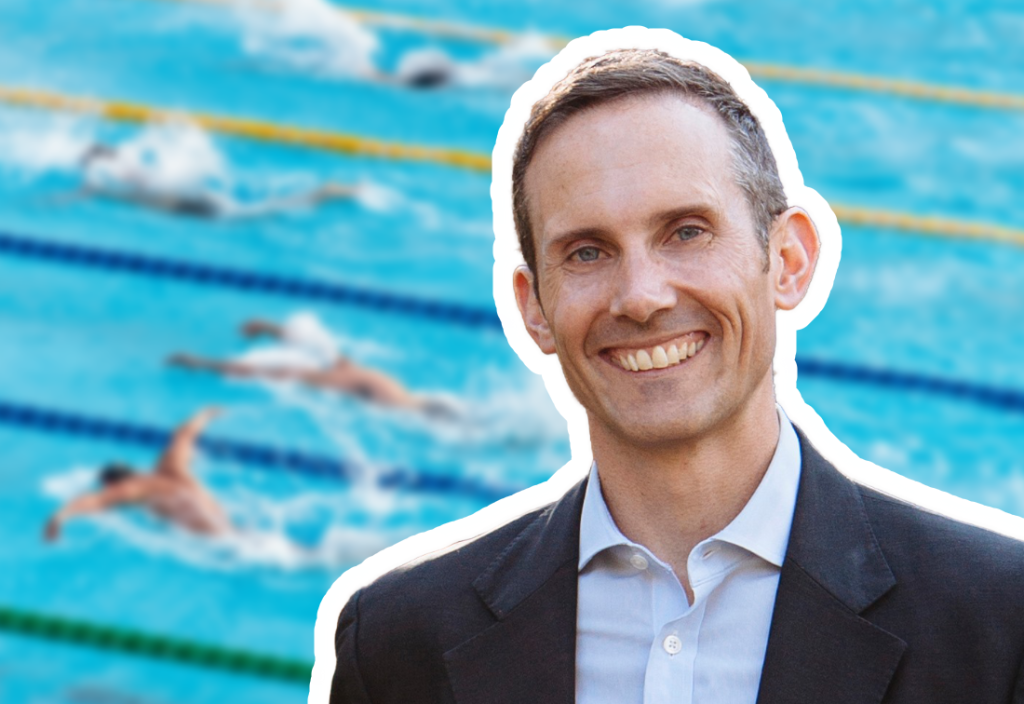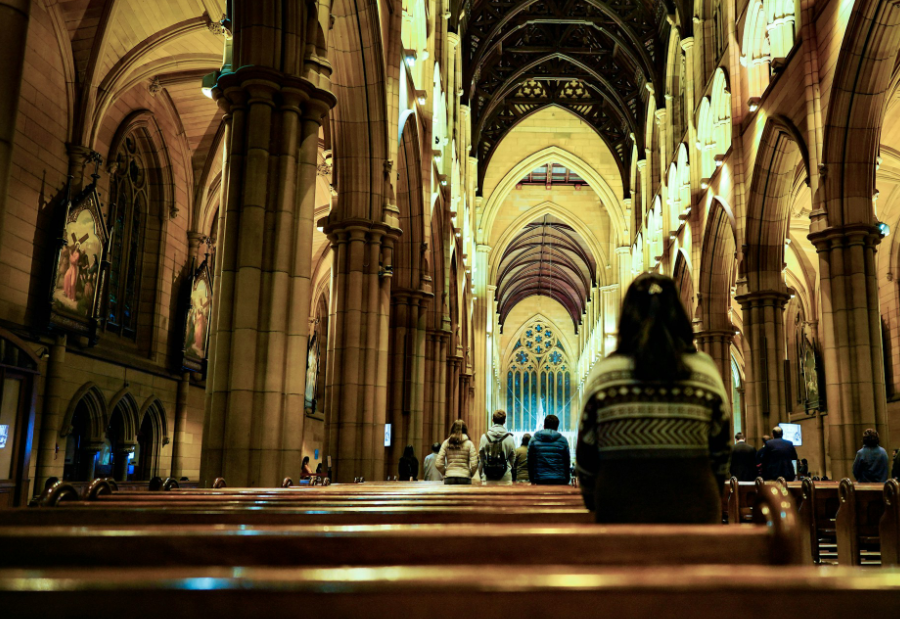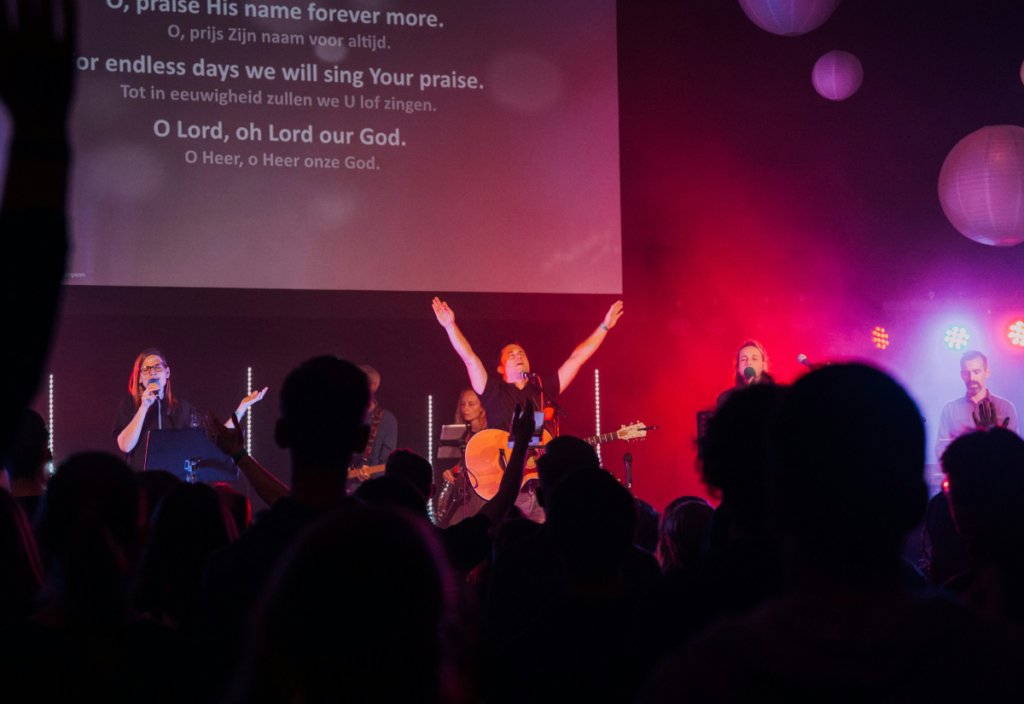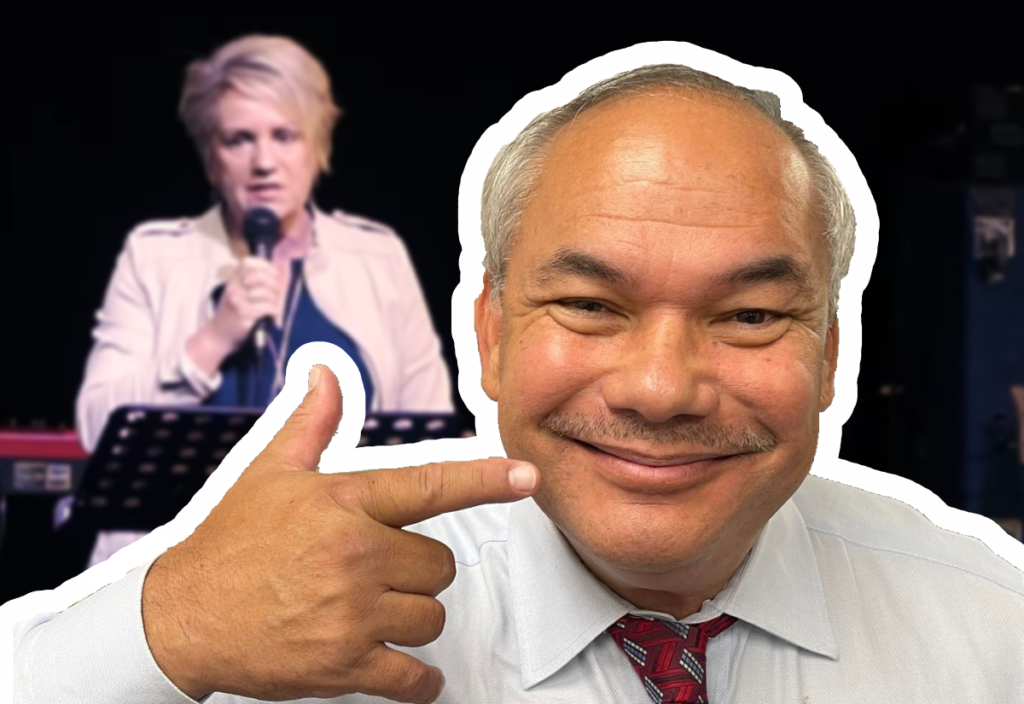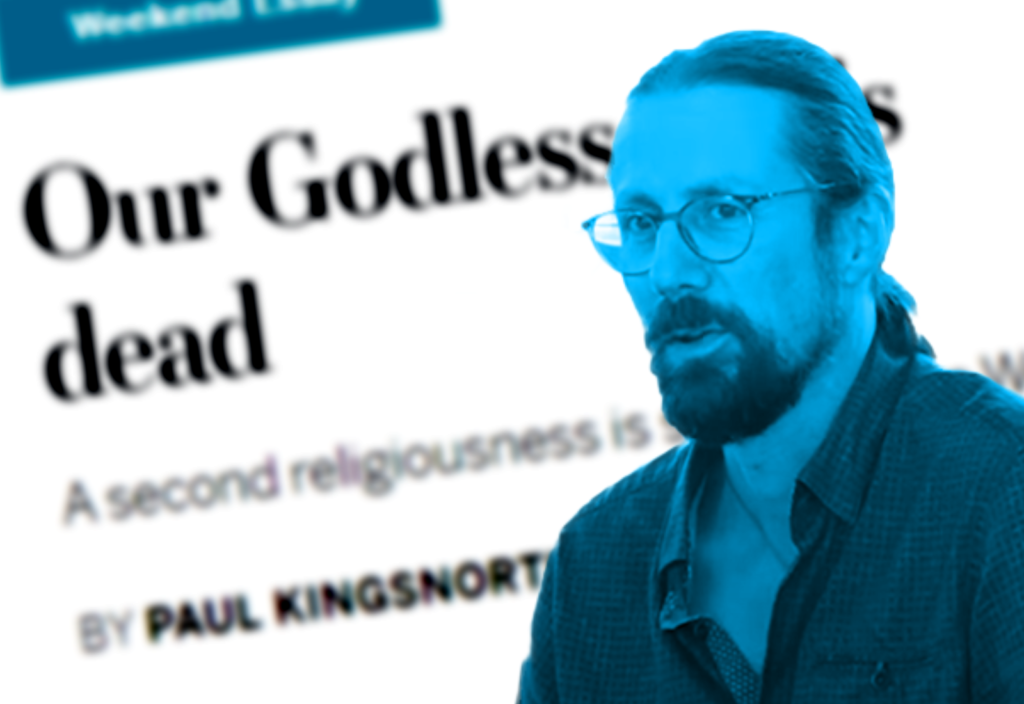I’ve worked for the Christian Schools Australia (CSA) network as a finance and risk manager for a number of years. Close family members have also had decades of experience working in this network. So I’m talking here from both a personal experience but also a collective experience.
It is a Christian duty and a moral human duty to speak out against injustice, regardless of the rejection that it may cause at times. And that’s why I am writing this piece about the discrimination that takes place in faith-based schools – discrimination that is funded by taxpayers.
In faith-based schools, we have institutionalised discrimination, enabled through state-based exemptions to anti-discrimination laws and funded by the taxpayer while the broader community remains unaware.
CSA represents over 135 schools in Australia. So we’re talking about 100,000 students and 10,000 teachers. Our governments, both the federal government and state governments, contribute on average about $10,000 per student each year. That makes it a network with more than $1 billion in government funding annually. Then you can add on top of that spending on other Christian school networks, such as Christian Education National.
Flowing all the way down from CSA into the schools are model constitutions and policies. So there’s a lot of commonality when it comes to schools’ enrolment policies, employment policies and contracts, and statements of belief. They have linked them in a very tight way to legally make use of the exemptions to anti-discrimination laws.
LGBT staff continue to be fired from their jobs if their sexuality becomes known. The schools’ No. 1 intention is that LGBT teachers don’t get through the recruitment process in the first place. The schools try to make sure that no LGBT people slip through the net. The ones that you do hear of slipping through the net are usually the younger teachers who are fresh out of teacher school at the age of 21-22 and then only experience their ‘coming out’ as LGBT later in their 20s.
There have been known cases of other staff and board members being rejected for not sharing a school’s views on homosexuality or same-sex marriage. People are being prohibited from job advancement or promotion for such reasons. You don’t even need to be vocal about your views or to actively advocate them. If you wear a rainbow tag on your clothing, for example, you’ll be asked to remove it.
The powerbase in the CSA network is conservative and it controls board position to the schools and to key positions throughout the network to make sure there are no dissenting views. But, at some level, this control provides a false sense of unity, as the conservative powerbase represents neither the breadth of the Christian voice nor the Christian experience.
There are a number of practical measures I believe these Christian schools should be taking. The most pragmatic starting point is transparency. Under law, there should be a requirement for the schools to be transparent about their policies to prospective and current families. If a school has a particular view of homosexuality, it should, as recommended by the Ruddock Review, make it public knowledge.
There have been known cases of other staff and board members being rejected for not sharing a school’s views on homosexuality or same-sex marriage.
If you look on some of the schools’ websites and go through the online enrolment process, you will see statements, for example, that they have an “open and inclusive enrolment policy”. The wording that they use on their websites tries to make it sound as if they’re not “one of those” extreme Christian schools.
But let’s be honest: this is about business. We’re talking about schools with billions of dollars at stake as a network. If they come out and publicly disclose their position through their enrolment policy, through their hiring policy or through their equal opportunity policy, then that would be bad for business. These businesses are, effectively, hiding this information from the broader community. So there’s a lack of transparency because they know it would be bad business practice and unpalatable to the community that they serve.
Something that CSA advocates is the choice of Australian parents when it comes to schools. But I would argue that we need to advocate for informed choice. The Ruddock Review put forward recommendations about transparency. Schools don’t need a lot of resources to enact them. They just need to make public their stated position on the matter.
Also, I think it’s essential for them to have to state how they provide welfare and care for students who are dealing with issues of sexuality, and how they speak to a culture that is non-homophobic.
These schools should also be asked to reflect the religious sensibilities of their whole community, not just the religious sensibilities of a powerful board or a few very powerful executives. They need to show sensitively in actually trying to understand their communities. I suspect that, in the vast majority of cases, these school communities will be more accepting of the LGBT people in their midst. The vast majority of these communities wouldn’t view homosexuality as a violation of faith.
The other thing that is completely lost on schools is that students and staff are two sides of the same coin. I don’t know how you can have a message that says homosexuality is a disorder but doesn’t have an impact on your students, their welfare and the culture of the school. As a result, right around Australia we have tens of thousands of students hearing a message that “you’re not okay” and being absorbed into a homophobic culture. I can tell you that, having attended one of these Christian schools, that was the culture. If homosexuality is a disorder under certain Christian worldview points, it can only lead to the questions: “What happens with that disorder? Does it need healing?” If it does need healing, we start getting to the slippery slope of conversion therapy.
Being from South Africa originally, I know that, when a belief finds its way into law and finds its way into policies and practices, all of a sudden you can have a very institutionalised form of discrimination and exclusion. Whilst we should honour and support freedom of thought, freedom of belief and freedom of association, I think as a society we have to balance those freedoms with human rights.
Religious rights do not sit above human rights; they sit alongside human rights. In these Christian schools and in this network, however, religious rights trump human rights, especially when it comes to the human rights of LGBT people and the rights of those who affirm LGBT people.
We’ve got to remember that this is all taxpayer funded. This is not a church group. This is not a little religious camp. The systemic nature of the problem is actually unknown to the majority of parents in the network and, probably, to even some of the staff. And I think we should have a real issue with that.
Published 18 March 2024.
If you wish to republish this original article, please attribute to Rationale. Click here to find out more about republishing under Creative Commons.
Photo by Ben White on Unsplash.





